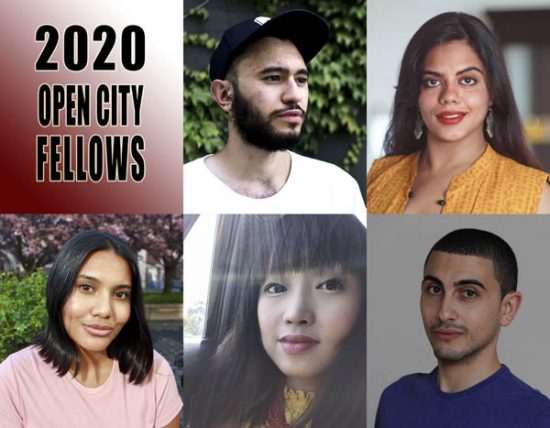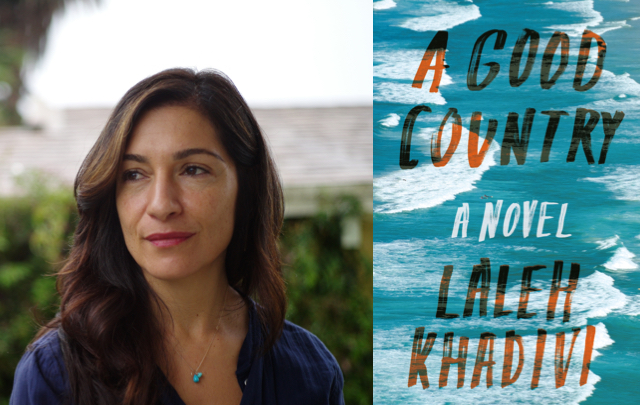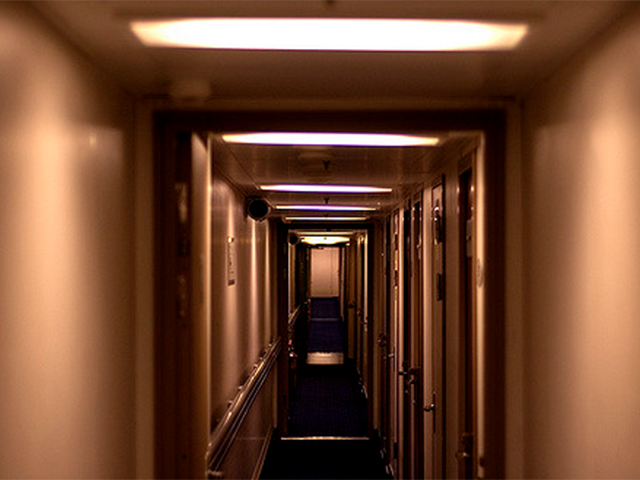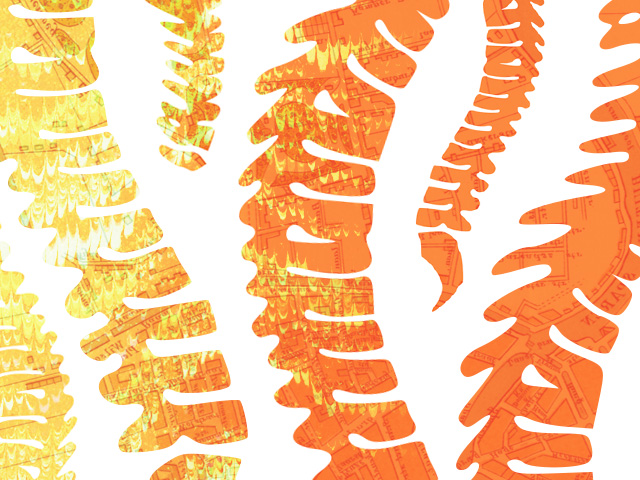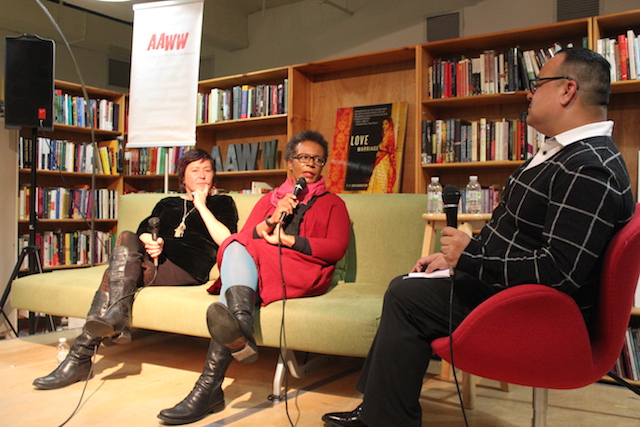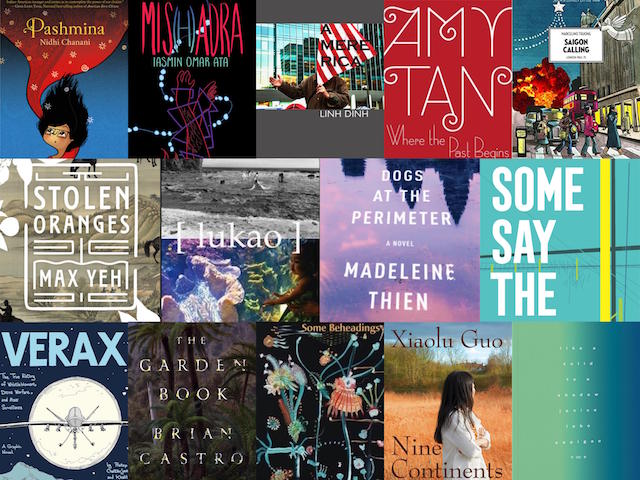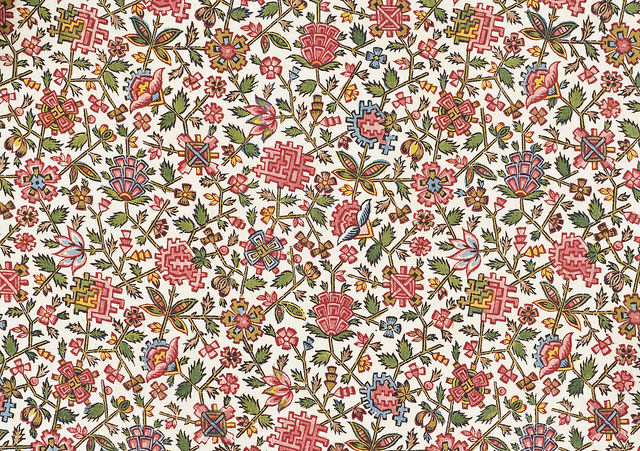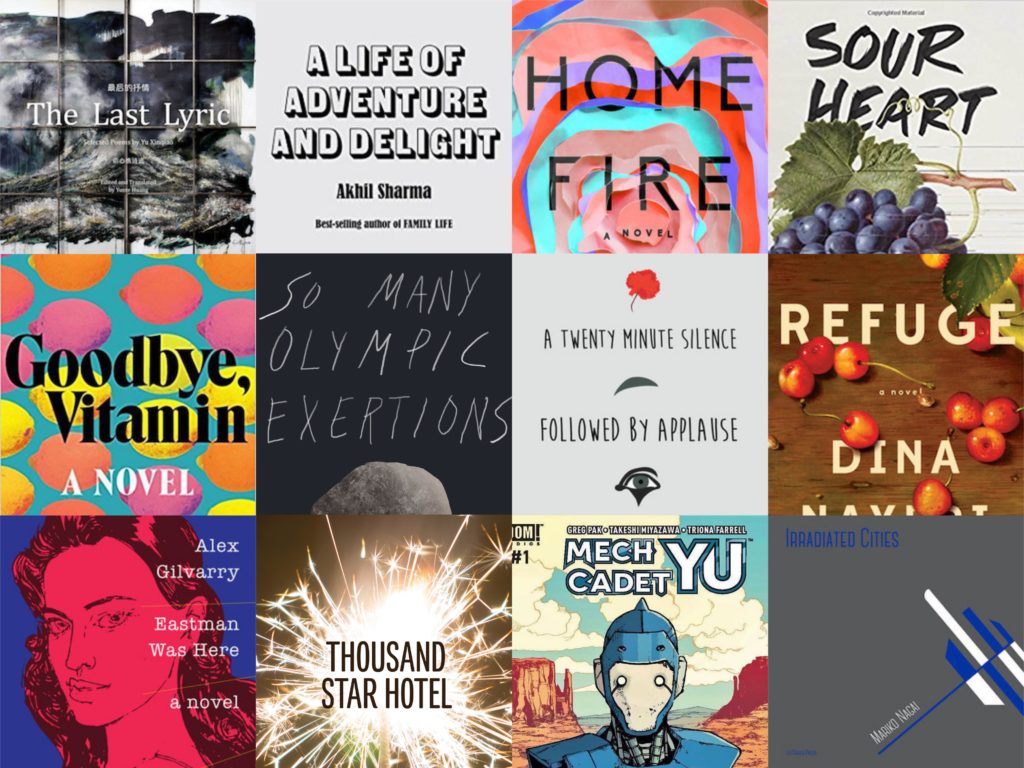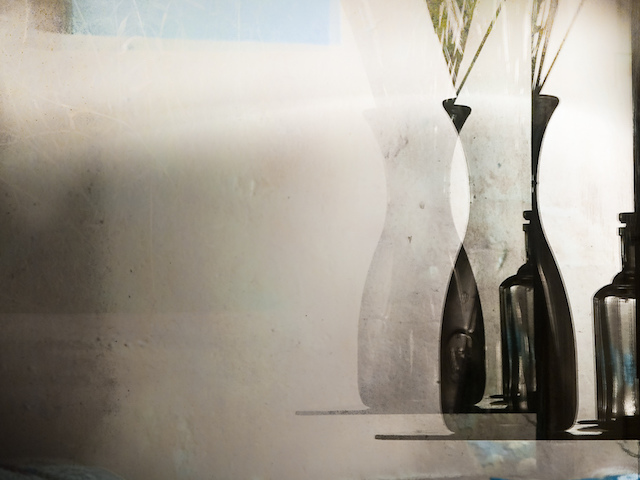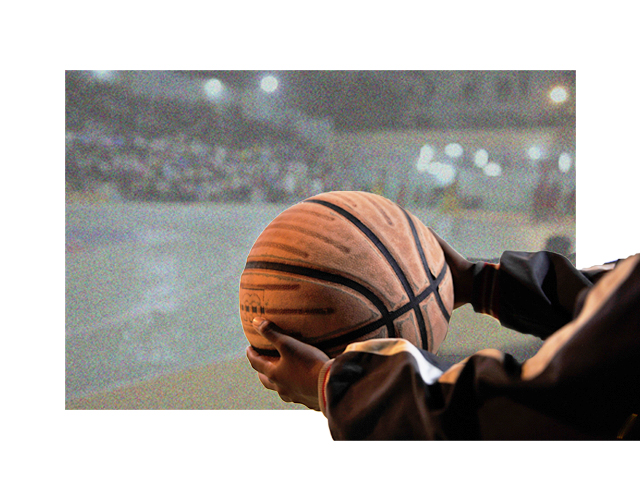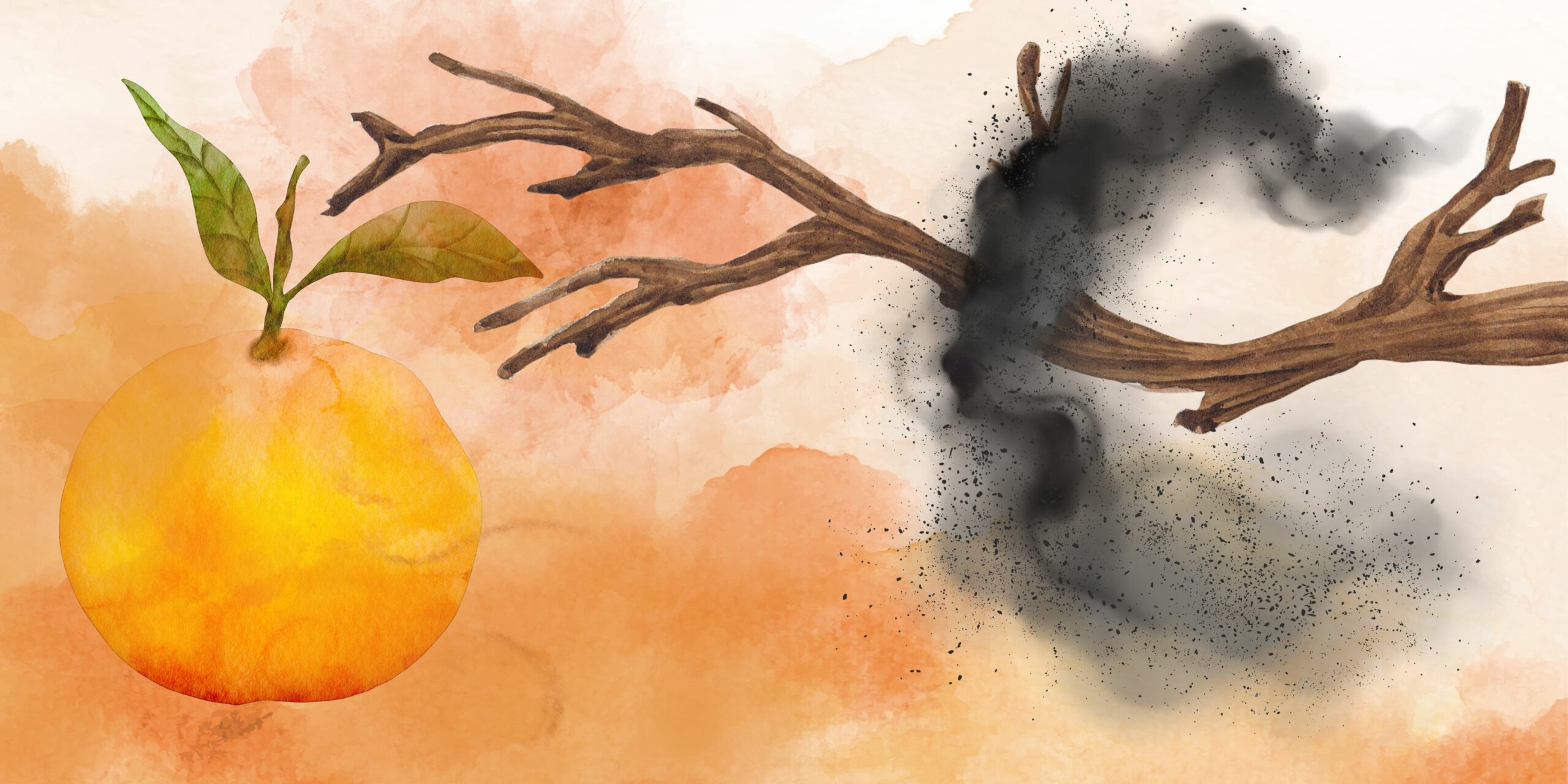
“there are no more
orange groves in Jaffa.”
5 writers named to 9-month fellowship to write about NYC’s Muslim American and Asian American communities.
Studio Era music makes me want to dress fancy and pretty; leave the house in gorgeous armor, but I know too well the earth’s hunger and I will not satisfy it. Today I leave my house and I make sure no one can call me faggot.
While America’s most storied hospital welcomes survivors, your body protests: what did it survive?
The author of A Good Country talks about the final novel in her Kurdish trilogy, tribal longing, and the work that entertaining literature does
There are countless ways / to justify company. Hunger, overdue balance, whatever. / Cartoon savage licking the throne clean. / & isn’t that what you always wanted? / To be filled & emptied?
The two poets talk about their literary family trees, poetry as a protective force, and the changing landscape for Muslim American writers.
‘Cracking the spine, we eat // With fingers mixing and mashing, / ladling for one another, / Karaili, pommecythe, cur-he, / spooning and sliding into our mouths, / Wiping the leaf green.’
Poets Claudia Rankine and Hoa Nguyen speak with Rigoberto Gonzalez about the urgent need for poetry as a force for political change.
The Asian American Writers’ Workshop is now accepting applications for the 2019 Margins Fellowship.
From Anelise Chen’s experimental autofiction to Bao Phi’s explosive poetry, the AAWW staff shares their favorite books they read in 2017
A graphic history of the American surveillance state, Illokano love poems, the imagined correspondence between Miguel Cervantes and Chinese Ming Emperor Wanli, and more.
Patty Yumi Cottrell on the abyss, Leland Cheuk on battling cancer, and former Margins fellow Wo Chan on fashion and the body.
This summer brings new Asian diasporic retellings of Antigone, the unlikely hero’s journey of an Asian American boy and his mecha, and a hybrid poetics of Japan’s violent history.
‘Children are playing soldier. / Fetuses ripped from wombs dangle / in nearby trees. Yet he opened his mouth / and a flood of love melodies poured out.’
The author of How I Became a North Korean speaks about the power of fiction to give clarity to the world.
There are no refractions today / by the pepper flakes— in the glass. // The snails slept by the snap pea hooks / and cradles— I salted them. // Sometimes I drank / from a vapored gas— / I made ellipses with my glass.
‘these games draw lines / between crowds / i am one of many / who wonder, / how come the silicon valley / squats on san josé?’
5 writers named to 9-month fellowship to write about NYC’s Muslim American and Asian American communities.
The Asian American Writers’ Workshop is now accepting applications for the 2019 Margins Fellowship.
Studio Era music makes me want to dress fancy and pretty; leave the house in gorgeous armor, but I know too well the earth’s hunger and I will not satisfy it. Today I leave my house and I make sure no one can call me faggot.
From Anelise Chen’s experimental autofiction to Bao Phi’s explosive poetry, the AAWW staff shares their favorite books they read in 2017
While America’s most storied hospital welcomes survivors, your body protests: what did it survive?
A graphic history of the American surveillance state, Illokano love poems, the imagined correspondence between Miguel Cervantes and Chinese Ming Emperor Wanli, and more.
Patty Yumi Cottrell on the abyss, Leland Cheuk on battling cancer, and former Margins fellow Wo Chan on fashion and the body.
The author of A Good Country talks about the final novel in her Kurdish trilogy, tribal longing, and the work that entertaining literature does
This summer brings new Asian diasporic retellings of Antigone, the unlikely hero’s journey of an Asian American boy and his mecha, and a hybrid poetics of Japan’s violent history.
There are countless ways / to justify company. Hunger, overdue balance, whatever. / Cartoon savage licking the throne clean. / & isn’t that what you always wanted? / To be filled & emptied?
‘Children are playing soldier. / Fetuses ripped from wombs dangle / in nearby trees. Yet he opened his mouth / and a flood of love melodies poured out.’
The two poets talk about their literary family trees, poetry as a protective force, and the changing landscape for Muslim American writers.
The author of How I Became a North Korean speaks about the power of fiction to give clarity to the world.
‘Cracking the spine, we eat // With fingers mixing and mashing, / ladling for one another, / Karaili, pommecythe, cur-he, / spooning and sliding into our mouths, / Wiping the leaf green.’
There are no refractions today / by the pepper flakes— in the glass. // The snails slept by the snap pea hooks / and cradles— I salted them. // Sometimes I drank / from a vapored gas— / I made ellipses with my glass.
Poets Claudia Rankine and Hoa Nguyen speak with Rigoberto Gonzalez about the urgent need for poetry as a force for political change.
‘these games draw lines / between crowds / i am one of many / who wonder, / how come the silicon valley / squats on san josé?’

